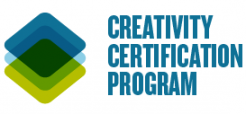

The Creative Problem Solving (CPS) method, better known as CPS, is a comprehensive process of creativity and innovation originally designed by Alex Osborn -creator of brainstorming- and Sidney Parnes -University at Buffalo- in the USA in 1945.
The method has evolved over the years, and now we have expanded the method to include the latest scientific discoveries on how to solve problems in a more original and creative way. Additionally, the group and organizational context have been incorporated as key components in the application of the process.
ACPS Process of Creativity and Innovation
A powerful and flexible process for developing creativity and driving innovation at the group and individual levels.
International Certification
Endorsed by the Creativity Certification Program.
Participants will delve into the application of the method, receiving personalized feedback on its implementation and discovering new uses and applications.
Program includes
The program includes Official Certification from the Creativity Certification Program.
What you will learn
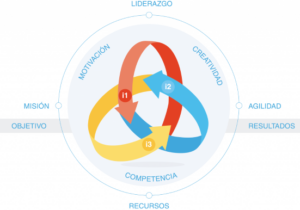
Understand how individual, group, and organizational factors interact.
Discover how your mind works consciously and unconsciously when solving problems.
Learn and practice the 3 phases and 9 activities of the process.

All our knowledge originates from our perceptions.
Key Questions: How do we see this situation? Are there other ways to see it?
Activities: Perception – Interpretation – Definition.
I1: Incubation
Incubation at the end of the first phase helps us discover the real problem and plan the process more effectively.

Arriving at original and valuable ideas through effort and/or inspiration.
Key Questions: How can we solve it? What else can we do?
Key Activities: Inspiration – Ideation – Interpretation.
I2: Inspiration
La inspiración busca ese momentoInspiration seeks that “aha” <<moment>> that suddenly appears to solve the problem.

Arriving at original and valuable ideas through effort and/or inspiration.
Key Questions: How can we make it a reality? What indicators should we achieve?
Key Activities: Refinement – Validation – Implementation.
I3: Momentum
The initial momentum of a project is crucial for its survival, whether with the support of users or directors.
Meet those who will accompany you.
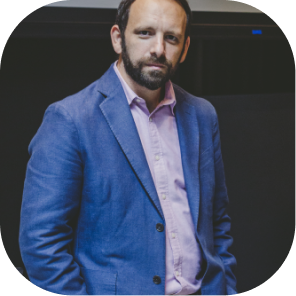
Juan Prego
Master trainer
Expert in Communication, Leadership, Creative Thinking, and Innovation. Author of the conference and book “Think Like a Genius™” (Plataforma Editorial) among others. He has led international teams in the three countries where he has resided: Argentina, China, and Spain since 2002.
Why become certified in ACPS?

Lead
Manage

Facilitate

Drive
Students around the world recommend ACPS




Our certifications endorse:







